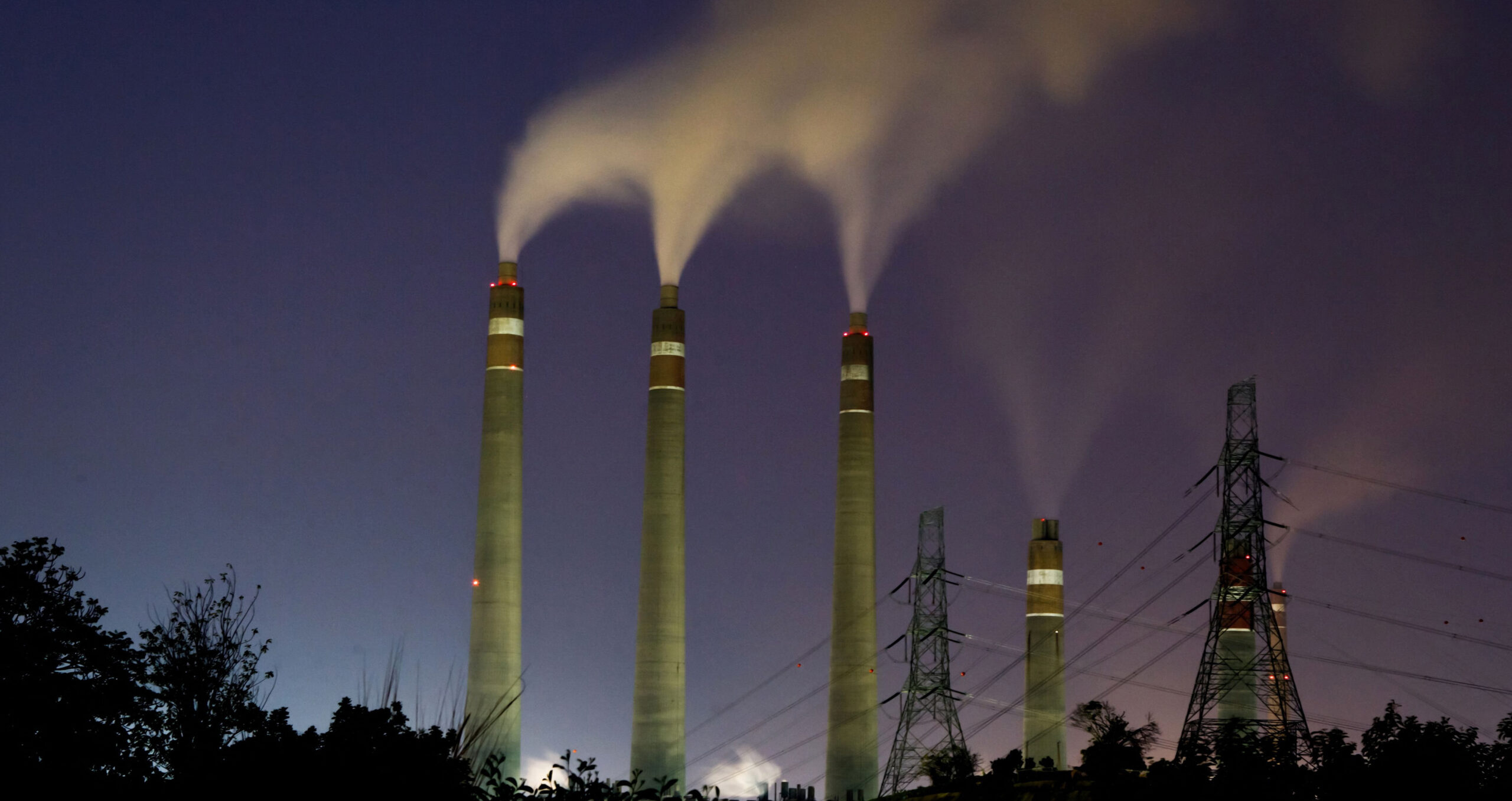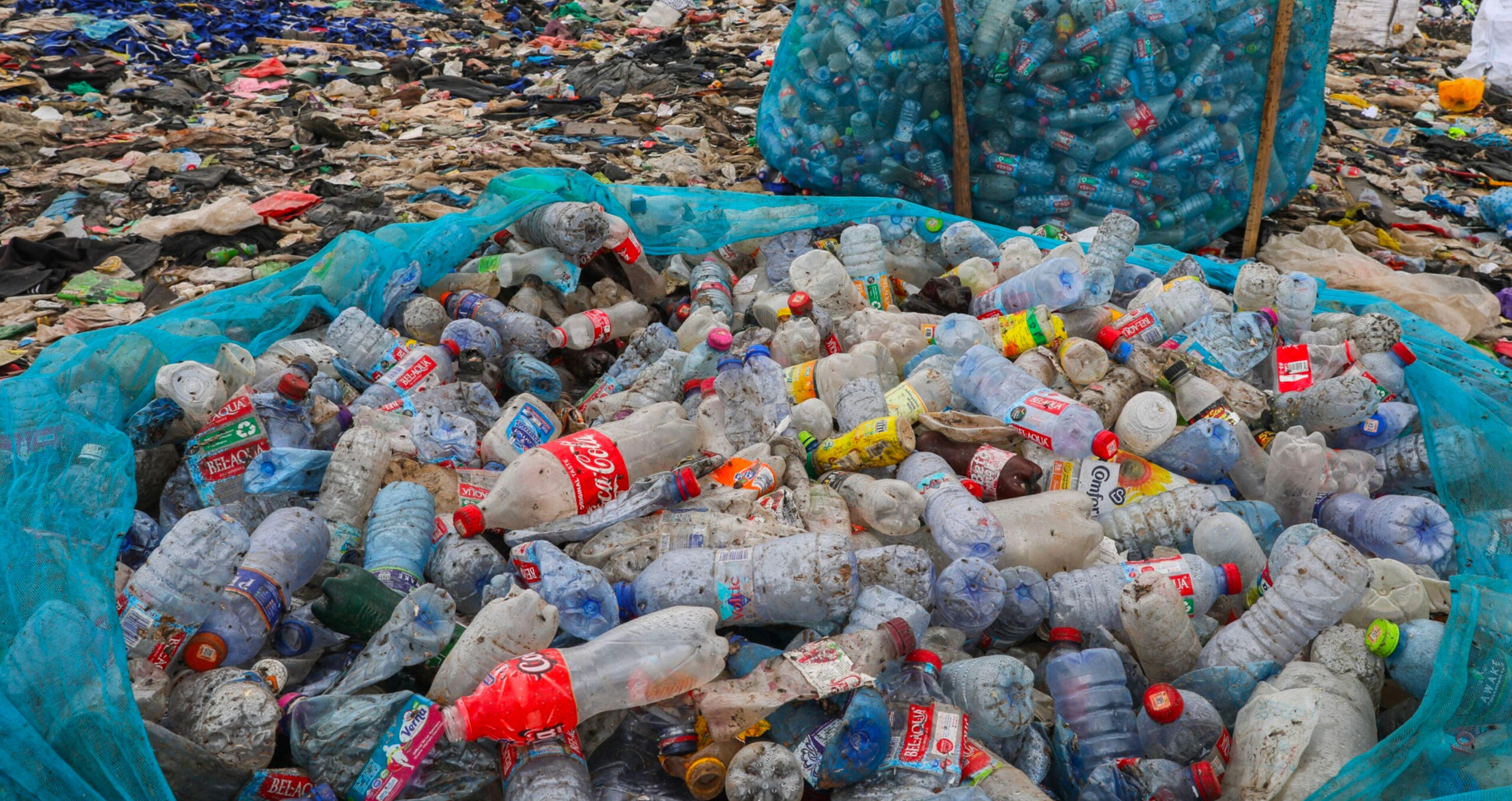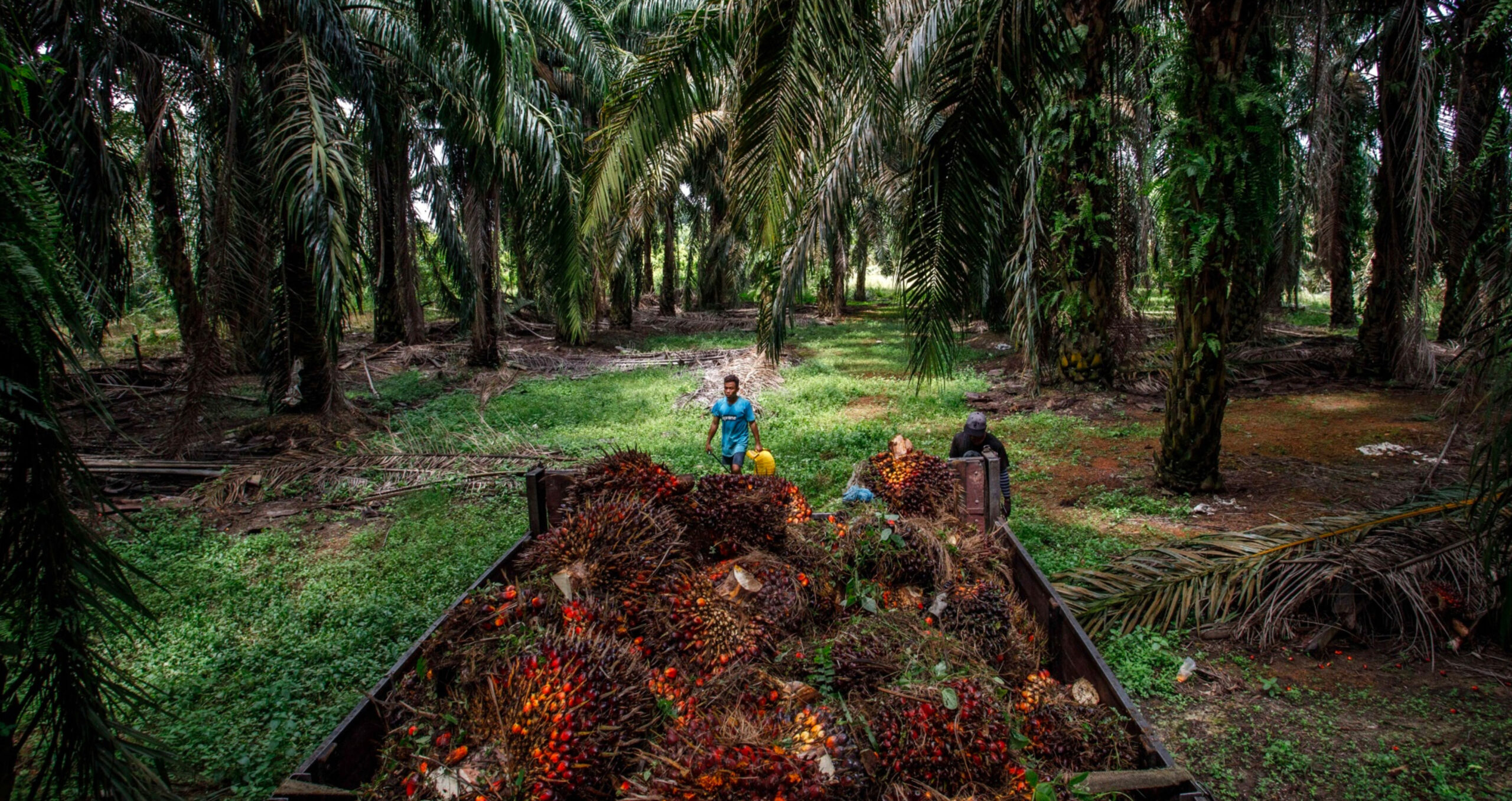
Indonesia’s coal transition under scrutiny following JETP delayed plans

Experts have questioned Indonesia’s energy transition plans after the country’s authorities indicated that coal-fired power plants could be considered green under its taxonomy
Indonesia’s green transition has run into a series of controversies in the past month, starting with the delayed announcement by the Just Energy Transition Partnership on how it plans to finance the country’s green transition. This was followed by Indonesian authorities indicating that coal could be considered green under its taxonomy, topped off by a formal complaint issued by green groups against the International Finance Corporation’s backdoor investment into coal-fired plants.
Established in 2022, the JETP is formed of the G7 group of industrialised countries plus Denmark and Norway, which have committed to provide funds to phase out fossil fuels in Indonesia.
The Indonesian government was set to make an announcement on August 16 regarding its investment plan to phase out fossil fuels that would serve as a guideline for how JETP’s funds will be used, but the plans have been delayed, with no formal timeline in place.
“The details of Indonesia’s JETP remain murky because the government has delayed its announcement on how it intends to use the $20bn pledged by international partners to speed up its energy transition,” says David Pred, executive director and a co-founder of Inclusive Development International.
IDI was part of a coalition of green groups that filed a formal complaint against the IFC’s indirect investments into a coal plant in Suralaya on September 14. The IFC has an equity investment stake in Hana Bank, which is one of the financiers of the Suralaya coal-fired power complex.
The IFC’s indirect investments have raised concerns over the international checks and balances in place to hold Indonesia accountable for its green transition.
“Based on my informed discussions, within the JETP framework, there is currently no clear initiative to retire coal plants for the season. Instead, the primary focus seems to be directing investments toward renewable energy,” states Kurt Metzger, director of energy transition at Asia Research and Engagement.
The structure of the JETP itself has come under fire from international sustainability groups for its inability to exert pressure on Indonesia. Members within the JTEP have also been called out for hypocrisy by green advocacy groups for funding new coal plants while simultaneously promoting net zero.
“Indonesia’s state-owned utility monopoly PLN has announced plans to add 13.8 gigawatts of new coal plants in the next decade,” says Pred. “We know that the Asian Development Bank, which is the lead development partner for Indonesia’s JETP, has provided hundreds of millions of dollars of no-strings-attached general corporate finance to PLN, which they can use to build out these new coal plants.”
However, according to the ADB, a $600mn loan in 2021 to PLN comes with a sovereign guarantee from the Indonesian government that proceeds will be used to improve PLN’s transmission lines, power grid automation, and hazardous waste storage facilities.
“The program will enhance access to sustainable and reliable energy in western and central Java island,” said ADB senior finance specialist Daniel Miller in a press release at the time.
Green coal?
Indonesia also came under fire in September when its financial regulators indicated they were considering a place for new coal-fired power plants in the country’s green taxonomy.
Activities under its green taxonomy are classified through a traffic light system, and coal-fired power is typically labelled “yellow” or “red”. Mahendra Siregar, chief of the Financial Services Authority of Indonesia, said in a recent interview with CNBC that coal-fired power plants could be considered green if the plant is involved in renewable energy activities such as the production of electric vehicles.
“The latest thing which came out regarding Indonesia’s green taxonomy was that they are gonna try to make the coal plants for the smelters considered green, which was totally ridiculous,” says a director at a sustainable research company based in Asia. “There has been a huge amount of pushback on that.”
Critics have labelled this move as the government’s way to help ensure that funding continues to flow into coal from local and international banks. Experts say that more pressure needs to be exerted by international frameworks such as JETP to ensure that Indonesia is able to wean off coal.
“The JETP donors must insist that their $20bn package ensures that Indonesia doesn’t merely retire old coal plants that were already at the end of their life-cycle. But they stop building new ones too,” says Pred.
Similar Articles

Could the Asean taxonomy help standardise south-east Asia’s ESG efforts?

Can new standards and credits tackle the legacy of plastic pollution?


